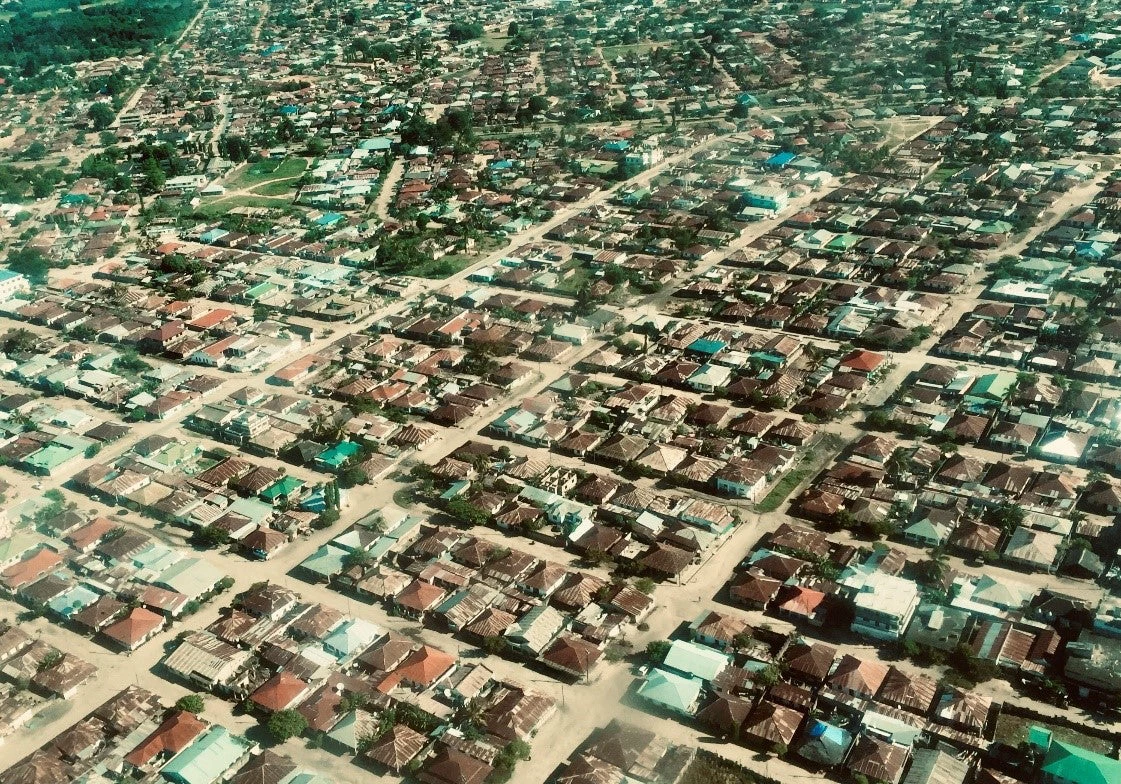What’s New on the Lab?
The Lab’s searchable document library of PPP resources averages 50,000 monthly downloads and the library has grown to include almost 3,500 documents on PPPs from Lab partners in seven different languages (English, Spanish, French, Portuguese, Arabic, Russian, and Chinese). By consolidating these resources in one place, the PPP Knowledge Lab has truly become a platform for the PPP community to easily access any information they might need on PPPs.The PPP Reference Guide was one of the top downloads from the Lab in 2016. The updated version of the Guide is now available online, and is the newest addition to the Lab. It includes in-depth coverage of PPP basics, the PPP framework, and the steps involved in the PPP process. The online version allows new reference materials to be added as they become available, keeping the guide always up-to-date.
The PPP Knowledge Lab also has a new homepage. Designed to enhance our users’ experience, the new homepage features easier viewing of new materials and improved site navigation. Check it out to see recently published PPP reports and tools from our partner organizations.
The Lab also highlights instances of MDB collaborations and partnerships, including most recently the Global Infrastructure Forum 2017. On the Global Infrastructure Forum page, you can find examples of joint MDB PPP projects, the Outcome Statement from the Forum, the summary of progress made since the 2016 Forum, as well as the recently-agreed MDB principles for crowding-in private sector financing.
New Partners
As the use of PPPs in infrastructure and demand for expertise in the area has grown, the Lab’s partnerships have expanded to include organizations beyond the founding multilateral development banks (MDBs). Each partner contributes a vast range of knowledge as well as regional and topical expertise in PPPs to the Lab. Read more about our newest partners’ key contributions to the PPP field:
- Organisation for Economic Co-operation and Development (OECD)
- The United Nations Economic Commission for Europe (UNECE)
- The United Nations Economic and Social Commission for Asia and the Pacific (ESCAP)
- The Global Partnership on Output-based Aid (GPOBA)
- The World Economic Forum (WEF)
- The Global Infrastructure Hub (GIH)
We hope you will explore and familiarize yourself with the rich resources available on the PPP Knowledge Lab. As we continue to evolve to be the most reliable and up-to-date one-stop-shop of quality PPP information, please also share with us suggestions for resources or feedback.
Notes:
The PPP Reference Guide Version 3.0 is a joint product of the Asian Development Bank (ADB), European Bank for Reconstruction and Development (EBRD), Global Infrastructure Hub (GIH), the Inter-American Development Bank (IDB), Islamic Development Bank (IsDB), Organisation for Economic Co-operation and Development (OECD), United Nations Economic Commission for Europe (UNECE), and the United Nations Economic and Social Commission for Asia and the Pacific (ESCAP), and the World Bank Group.The PPP Knowledge Lab, created with funding from the Public-Private Infrastructure Advisory Facility (PPIAF), is a collaboration between the African Development Bank (AfDB), ADB, EBRD, GPOBA, IDB, IsDB, Multilateral Investment Fund, OECD, ESCAP, UNECE, WEF, GIH and the World Bank Group.



Join the Conversation